All Insights
Exploring the science, practice, and business of medicine.
Exploring the science, practice, and business of medicine.
Showing 10 out of 44 Insights
Health Care Business Imperative: Functioning at an Increasingly Complicated Intersection with the Patient at the Center of Care
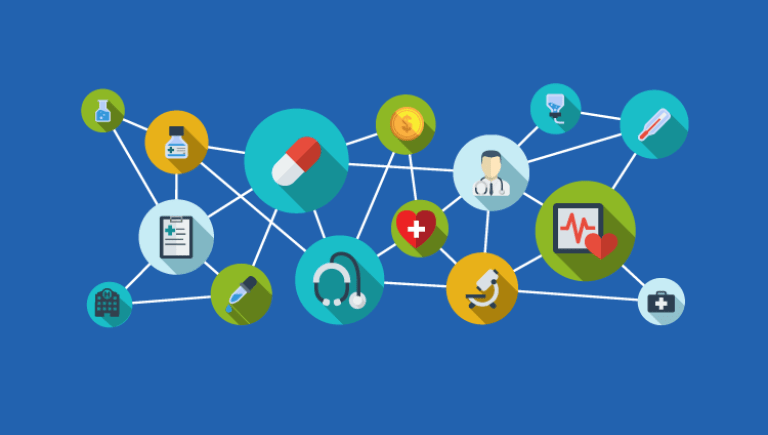
In this Harvard Macy Institute blog post, barriers facing residents and fellow physicians in consultation training are discussed.
As physicians, nurses, and other health care workers in the United States face increasing pressure to do more with less, there has been growing interest in the benefits of incorporating artistic and humanistic values into medical training to build resilience and wellness.
In the intensive care unit, food is an important symbol for the medical staff, providing a way for them to deal with their sadness and anxiety. Food is also a way to offer comfort to grieving families. Daniela Lamas, a pulmonary and critical care doctor at the Brigham & Women's Hospital, thinks a lot about such telling details that she encounters on the job.
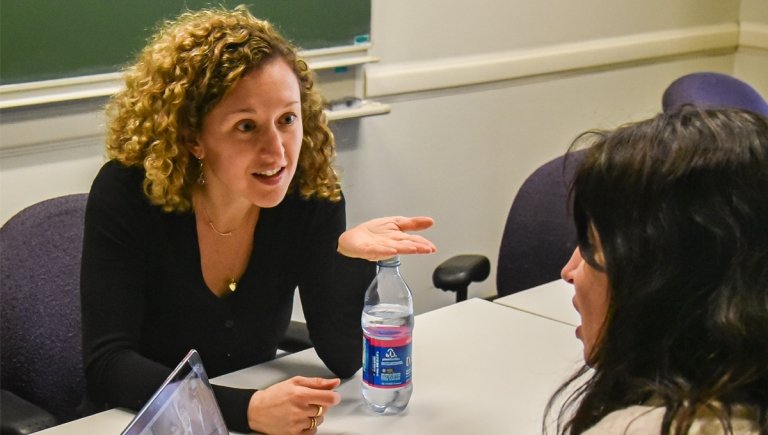
When clinicians focus on building up their strengths in this area earlier in their career path, it can help them establish themselves for success in the field.
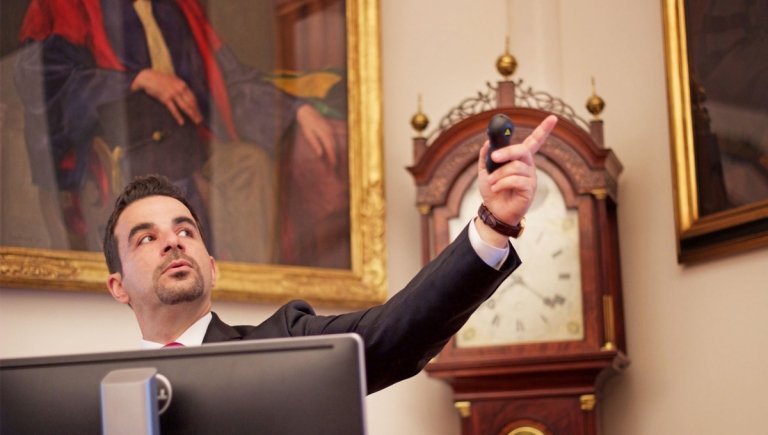
Why aren’t we offering this sort of supported behavior change in every primary care doctor’s office across the country?

Margaret “Molly” Hayes, MD, associate director of the Internal Medicine Residency Training Program and assistant director of the medical intensive care unit at Beth Israel Deaconess Medical Center (BIDMC), discusses handling uncertainty in critical care decision-making.
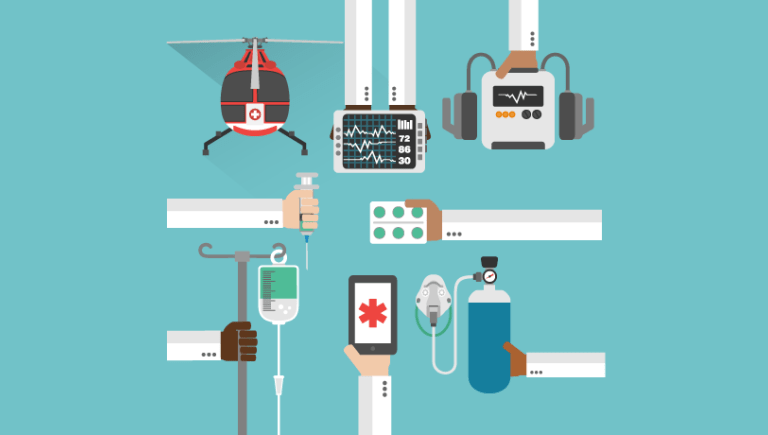
Unfortunately, in many institutions, interpreter services can no longer accommodate the volume of people with limited English proficiency—particularly for foreign languages less commonly spoken in the world.
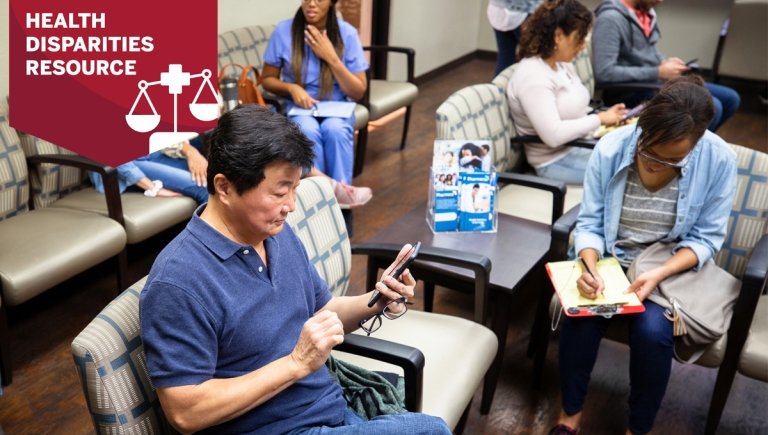
Leaders in health care attempting to implement health technology can benefit from principles that explain the uptake of innovations, map the requirements of overcoming resistance to change, and facilitate the adoption of technology into practice.
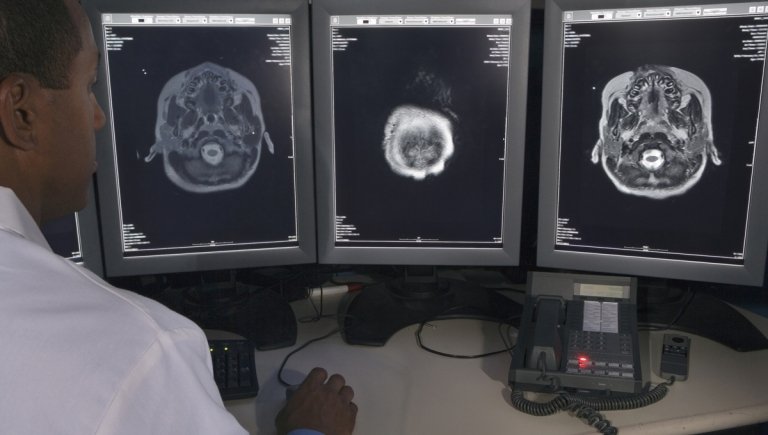
David M. Levine, MD, MPH, MA, a physician and researcher at Brigham and Women’s Hospital, discusses potential gains and obstacles for home hospital.
